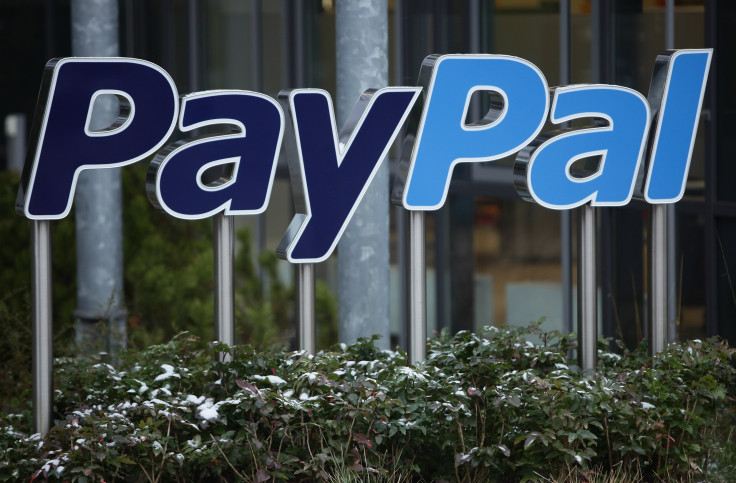PayPal Makes A Big International Move With Xoom

Over the past several years, PayPal (NASDAQ:PYPL) has embarked on a number of novel strategies to expand its payment processing footprint. The company made a number of rapid-fire acquisitions last year: iZettle -- called the Square of Europe; online marketplace payment processor Hyperwallet; fraud prevention specialist Simility; and artificial intelligence (AI) start-up Jetlore.
Long before these recent deals, the company acquired international money transfer app Xoom in 2015.
Now, PayPal is expanding Xoom to 32 countries across Europe.
A more affordable way to move money
PayPal announced Monday that Xoom will now be available in Austria, France, Germany, Italy, Spain, Portugal, and many other countries, bringing the service to more than 130 markets worldwide.
This may not sound like big business, but consider this: The global remittance market reached $689 billion in 2018, up from $633 billion in 2017. This year, remittances to low- and middle-income countries are expected to reach $550 billion, making it their largest source of external financing. The majority of the funds come from family members living across the developed world.
Moving money across borders has historically lacked speed and efficiency, and recipients didn't know when they might see the money, if at all. Expanding Xoom gives both existing and potential customers a way to send money to the unbanked and underbanked in countries around the world. The funds can be sent from any computer or mobile device, and then be accessed across the world. The money can be deposited into a bank account, be available for pick-up, or be delivered directly to the recipient's door.
Different ways to grow
A look at PayPal's investments over the past several years shows that the company is taking a very eclectic path to expansion.
iZettle granted PayPal a massive foothold in Europe. At the time of the acquisition, the company served more than 500,000 business in Europe and the Americas. Even more importantly, it gave PayPal entry into markets where it had little or no presence.
Jetlore provided AI-powered predictive analytics that helps merchants optimize both content and communication with customers, helping predict the color choices, size, and styles for each customer that will most likely result in a purchase. The service was already being used by some of the world's largest retailers.
Hyperwallet specialized in distributing payments to both individuals and merchants that sell products on online marketplaces. This may not sound like much, but the company can disburse payments in multiple currencies and in more than 200 countries around the globe. These payments can be made by way of bank accounts, cash pickups, debit and prepaid cards, checks, and most importantly via PayPal.
Simility provided PayPal with AI-based technology that helps merchants detect fraud while improving their risk management profile.
Most recently, PayPal made a $750 million strategic investment in MercadoLibre (NASDAQ:MELI) the largest and most successful e-commerce provider in Latin America. By partnering with the regional leader, PayPal saw an opportunity to "integrate our respective capabilities to create unique and valuable payment experiences for our combined 500 million customers throughout the region and around the world," said Dan Schulman, president and CEO of PayPal.
Investor takeaway
The single thread that joins each of these acquisitions is that each helped PayPal expand in different ways -- by providing additional merchant tools, consumer capabilities, or international opportunities. Add these to PayPal's already robust ecosystem, and you can see how the company's wide-reaching approach is taking it to all corners of the payments ecosystem -- and the world.
This article originally appeared in the Motley Fool.
Danny Vena owns shares of MercadoLibre, PayPal Holdings, and Square. The Motley Fool owns shares of and recommends MercadoLibre, PayPal Holdings, and Square. The Motley Fool has a disclosure policy.





















